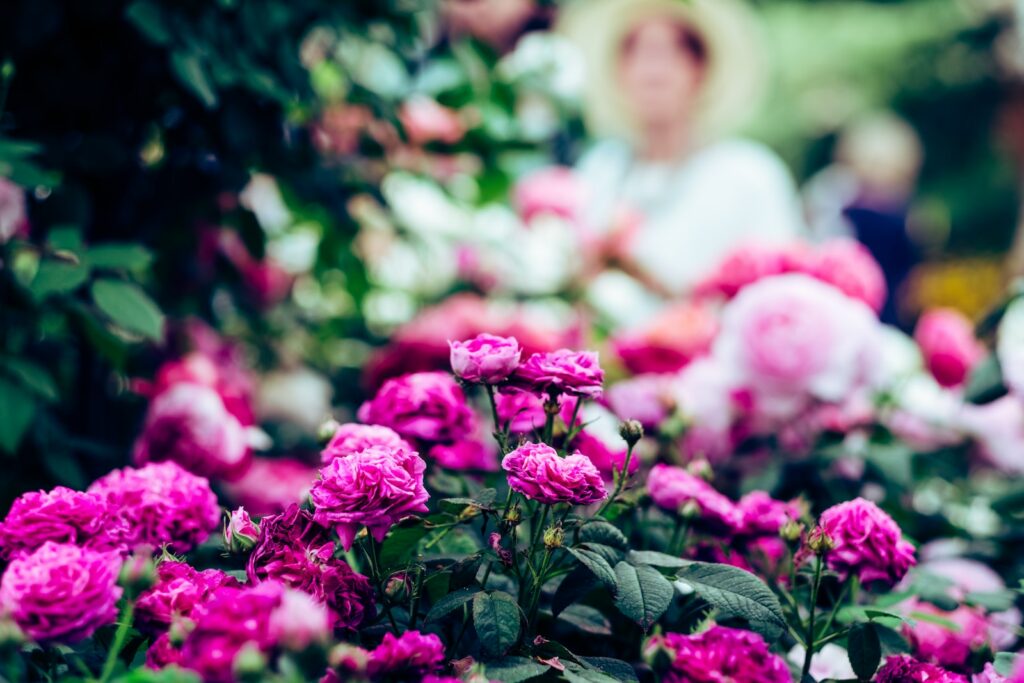A Medicine Garden Isn’t Just Pills

When we think of medicine, most of us immediately picture pills and capsules. But is medication the only solution for health issues, or our planet has more to offer than we give it credit for? In a world where quick fixes and pharmaceutical are offered to you, it’s easy to forget that medicine doesn’t always come in the form of a pill. The truth is that some of the most potent remedies can be found in a medicine garden and the everyday life choices and habits that make up our lives.
In this article, we will explore how love, sleep, water, fasting, sunlight, exercise, laughter, gratitude, meditation, forgiveness, and natural food can all serve as powerful medicine for the body, mind, and soul.
According to the World Health Organization (WHO), 1 in 4 people worldwide will be affected by mental or neurological disorders at some point in their lives. The pandemic has only worsened the situation, with a recent study revealing that depression rates have tripled since the COVID-19 outbreak. The pharmaceutical industry has been dominating our healthcare for decades.
While medication can undoubtedly be life-saving in some cases, it’s not always the only or the best solution. Medication often comes with side effects that can affect your quality of life, making it challenging to to accept that medicine is just pills.
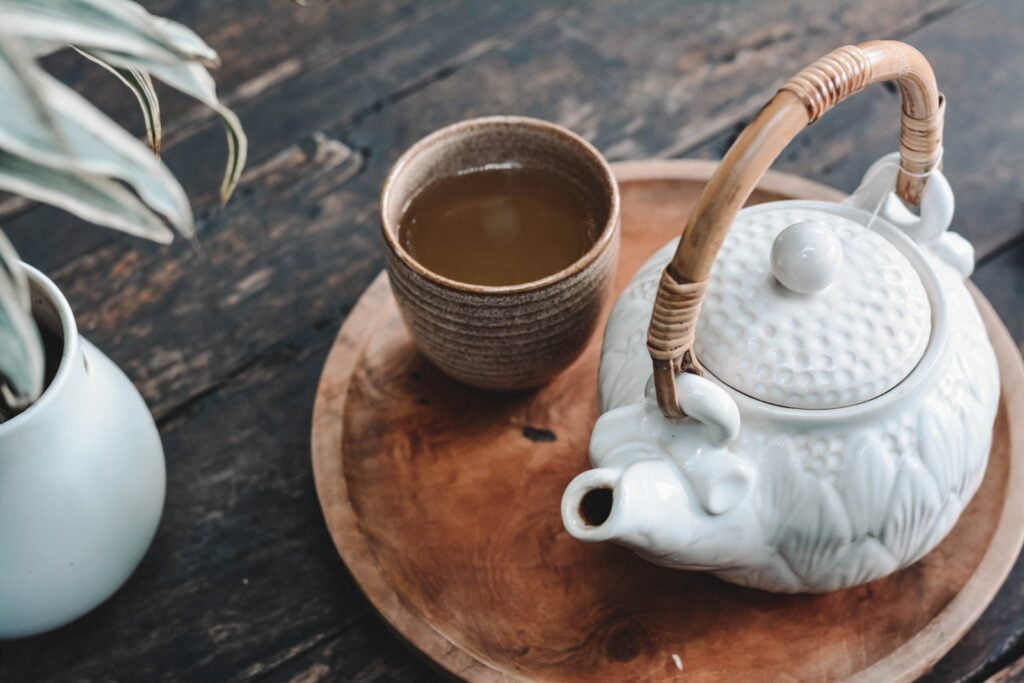
Table of Contents
Mindful living: inside the medicine garden
Mindful living is crucial for mental health and well-being. It involves being present and engaged in the moment, practicing self-awareness, and cultivating a sense of gratitude and appreciation for the world around us.
One of the biggest threats to mental health today is loneliness. According to a recent survey by the American Psychological Association, more than 60% of Americans feel lonely, and the pandemic has only exacerbated the issue.
Loneliness is not only emotionally distressing, but it can also have severe consequences for our physical health. Studies have shown that loneliness can increase the risk of premature death by up to 30%, making it a more significant risk factor than obesity or smoking.
One of the causes of loneliness is the decline of social connections and community engagement. The rise of technology and social media has made it easier than ever to connect with people online, but it has also led to a decline in face-to-face interactions.
One of the most significant losses we have experienced as a society is the decline of communal rituals such as sharing meals around the table, gathering around a campfire, or sharing a candlelit dinner. These rituals have been essential for building community and fostering social connections, and their decline has contributed to a sense of alienation and disconnection.
However, we cannot blame electricity or technology for the decline of communal rituals. Instead, we must recognize that we have the power to create new rituals and traditions that foster community and social connections. This could be as simple as hosting a dinner in your garden, starting a book club, or travelling.
Mindful living and social connections are essential for mental health and well-being. Loneliness is a significant threat to our mental and physical health, and building social connections and engaging in meaningful projects can slow down the decline of communal rituals. We have the power to create new traditions and rituals that foster community and social connections and create a more resilient and healthier society.
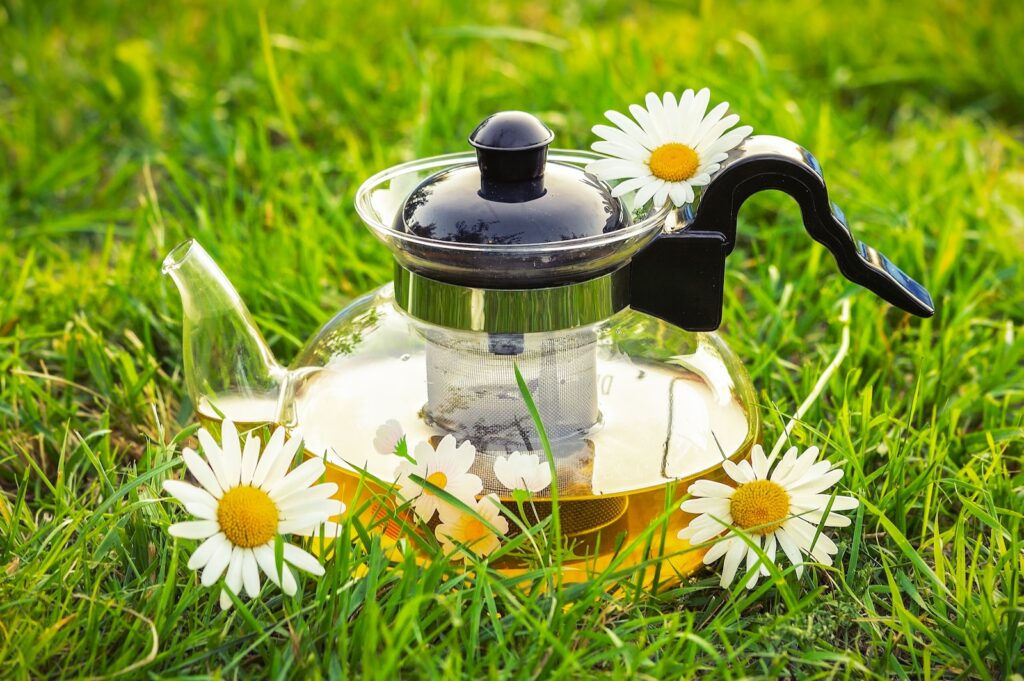
A medicine garden without pills- prevention is better than cure
While advancements in medical treatments have undoubtedly improved the lives of countless individuals, the growing emphasis on preventive healthcare is a testament to the old adage, “an ounce of prevention is worth a pound of cure.” Preventive measures, such as adopting a healthy lifestyle and practising mindful living, can help to mitigate the risk of chronic diseases and improve overall well-being. In this article, we will explore the importance of prevention over treatment and discuss how mindful living can contribute to a healthier future for individuals and society as a whole.
Preventive healthcare focuses on the identification of risk factors for diseases, rather than solely treating the symptoms of those diseases. By addressing the root causes of illness and promoting healthy habits, preventive measures can help to reduce the incidence of chronic conditions, such as heart disease, diabetes, and cancer. Prevention can lead to significant cost savings for both individuals and healthcare systems, as the costs of treating chronic diseases often far exceed those of preventive care.
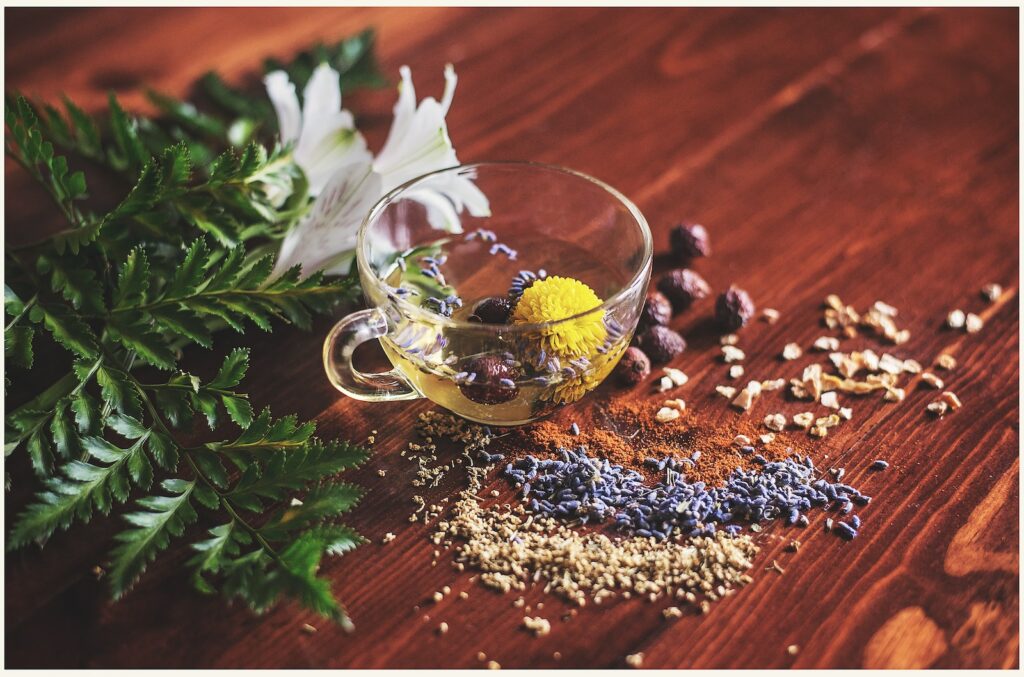
Mindful living involves cultivating awareness of our thoughts, emotions, and physical sensations, as well as our surroundings and the impact of our choices on our health and the environment. Some key aspects of mindful living that contribute to preventive healthcare include:
Adopting a balanced, nutrient-rich diet is essential for maintaining good health and preventing chronic diseases. Mindful eating involves being present and aware of the food we consume, appreciating its flavors and textures, and acknowledging the nourishment it provides to our bodies.
Regular exercise is crucial for maintaining a healthy weight, improving cardiovascular health, and reducing the risk of chronic diseases. Mindful exercise entails being fully present and engaged in our physical activities, whether it’s walking, running, swimming, or practicing yoga.
Chronic stress can have a significant impact on our mental and physical health, contributing to the development of various chronic conditions. Mindful living encourages the practice of stress-reducing techniques, such as meditation, deep breathing, or engaging in hobbies that promote relaxation and enjoyment.

Emotional well-being vs. pills: a shift in prevention
Cultivating emotional intelligence and resilience is a vital for mindful living and teaches us to be aware of our emotions and respond to them in healthy ways, fostering emotional balance and reducing the risk of stress-related illnesses.
Adequate sleep is essential for overall health and well-being. Practicing good sleep hygiene and creating a relaxing bedtime routine can help to ensure a restorative night’s rest, contributing to the prevention of chronic diseases.
As healthcare systems around the world grapple with the challenges posed by rising rates of chronic disease, there is a growing recognition of the need to prioritize prevention and promote mindful living. By encouraging individuals to take responsibility for their health through informed choices and adopting healthier lifestyles, we can help to create a future where the burden of chronic disease is significantly reduced.
Prevention, rather than treatment, holds the key to a healthier future for both individuals and society as a whole. By embracing mindful living and incorporating practices that promote physical, emotional, and mental well-being, we can work towards reducing the prevalence of chronic diseases and improving the overall quality of life for generations to come.
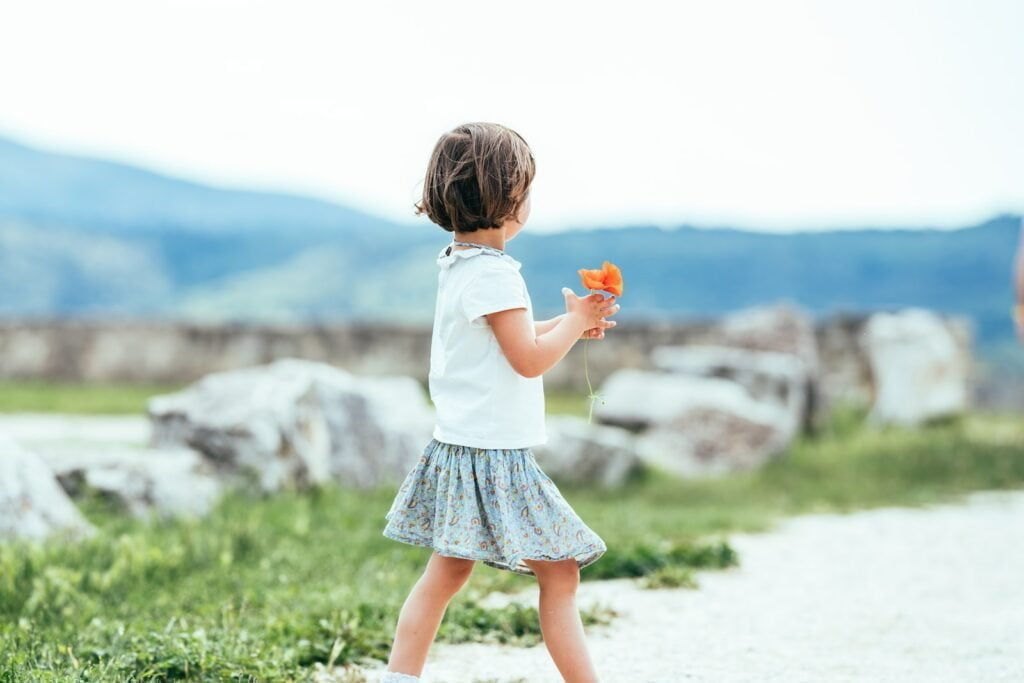
Joyful living or pills?
As we continue to advance in our understanding of health and disease, it is crucial to recognize the power of prevention and the transformative impact of mindful living on our well-being. But what makes a medicine garden so much better then pills? A medicine garden is not only a collection of plants known for their therapeutic properties, but safe spaces for people to nurture social connections and mental well-being.
Plants have been used for medicinal purposes since ancient times, and recent research has shown their potential benefits for mental health. For example, lavender is known for its calming properties, while chamomile can help with anxiety and stress. The scent of jasmine can also reduce anxiety and promote relaxation, while rosemary has been linked to improved cognitive function.
Creating a medicine garden for the mind is a relatively simple process. You can start by selecting a few plants that appeal to you and learning about their benefits. Some popular choices include lavender, chamomile, lemon balm, and peppermint. You can plant them in your garden or in containers and use them to create your tea blends or to add flavour to your food.
Beyond the benefits to your mental health, growing your medicine garden can also be an excellent way to connect with nature, reduce stress, and improve your overall well-being. Plus, it’s a sustainable and affordable way to take care of your health.
While medication will continue to play a crucial role in our healthcare system, it’s essential to recognize that it’s not the only solution. As mental health becomes an increasingly pressing issue, it’s crucial to explore alternative therapies and embrace a more holistic approach to health. With the rise of mental health issues, it’s essential to consider alternative therapies beyond pills and embrace a more holistic approach to health. In a medicine garden, we can connect with nature, reduce stress, and enjoy the many benefits that plants have to offer.
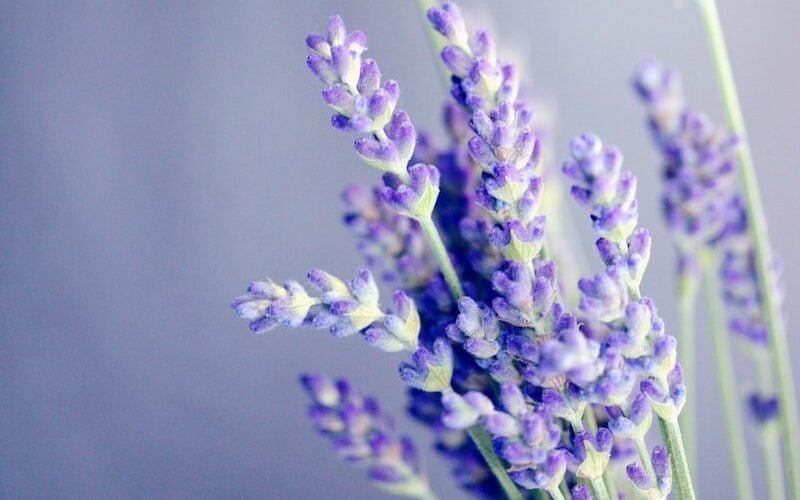
Love is Medicine
Love is a powerful force that has the ability to heal, uplift, and strengthen our emotional and physical well-being. Research has shown that love can reduce stress, improve heart health, and even boost our immune system. By nurturing our relationships with ourselves and others, we can harness the healing power of love to promote overall health and happiness.
Sleep is Medicine
The importance of a good night’s sleep cannot be overstated. Sleep helps to regulate our mood, support cognitive function, and maintain a healthy immune system. Consistently getting adequate sleep is crucial for our physical and mental well-being, making it an essential component of holistic health.
Water is Medicine
Water is essential for life, and staying properly hydrated is key to maintaining good health. Adequate hydration helps with digestion, detoxification, and maintaining healthy skin. Drinking enough water is a simple, yet often overlooked, way to support overall health and well-being. Our bodies are made up of about 60% water, and we rely on it to regulate our temperature, transport nutrients, and remove waste products.
In recent years, there has been a growing body of research on the benefits of hydration for physical and mental health. Studies have shown that drinking enough water can improve cognitive function, boost mood, and reduce symptoms of anxiety and depression.
Water is also crucial for maintaining healthy skin, as it helps to keep our skin hydrated and supple. Dehydration can lead to dry, flaky skin, and even exacerbate conditions such as eczema and psoriasis. Unlike medications and supplements, water has no side effects and can be consumed safely by people of all ages and health conditions.
But how much water should you be drinking? The recommended daily intake of water varies depending on factors such as age, gender, and activity level, but a general guideline is to aim for eight glasses of water a day. It’s also essential to stay hydrated throughout the day, especially during hot weather or exercise. Signs of dehydration include dark urine, dry mouth, and thirst, so it’s essential to listen to your body and drink water when you feel thirsty.
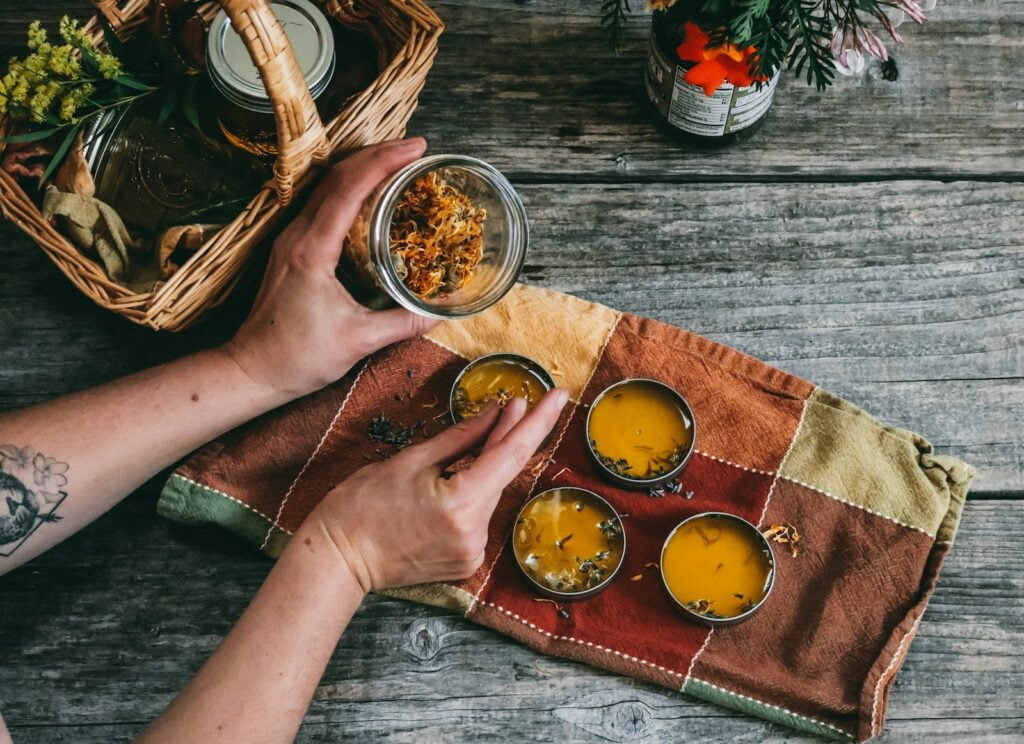
Fasting is Medicine
Fasting, when done responsibly, can be a powerful way to cleanse and rejuvenate the body. Intermittent fasting has been linked to a range of health benefits, including weight loss, improved insulin sensitivity, and increased longevity. By giving our bodies a break from constant digestion, fasting can act as a natural reset for our systems.
Sunlight is Medicine
Sunlight provides our bodies with essential Vitamin D, which plays a crucial role in maintaining healthy bones, supporting immune function, and regulating mood. Spending time outdoors and soaking up the sun’s rays can help to improve both our physical and mental health.
Moving is Medicine
Regular physical activity has long been recognized as a cornerstone of good health. Exercise helps to maintain a healthy weight, improve cardiovascular health, and reduce stress levels. By staying active, we can improve our overall well-being and reduce the risk of numerous chronic diseases.
Laughter is Medicine
Laughter truly is the best medicine, with the power to alleviate stress, reduce pain, and boost our mood. Engaging in activities that bring joy and laughter to our lives can have a profound impact on our overall well-being and help to foster resilience in challenging times.
Gratitude is Medicine
Practicing gratitude can have a transformative effect on our mental health. By cultivating an attitude of thankfulness, we can improve our outlook on life, reduce stress, and enhance our relationships with others. Embracing gratitude is an essential part of living a healthy, balanced life.
Meditation is Medicine
Meditation is a powerful tool for promoting mental and emotional well-being. Regular meditation has been linked to a range of health benefits, including reduced stress, improved concentration, and increased self-awareness. By taking the time to quiet our minds, we can tap into a source of inner strength and tranquility.
Forgiveness is Medicine
Holding onto resentment and anger can have a detrimental effect on our health, both physically and emotionally. By practicing forgiveness, we can release negative emotions and create space for healing and growth. Forgiveness is a crucial component of emotional wellness and overall health.
Natural Food is Medicine
A diet rich in whole, unprocessed foods is a powerful form of medicine for our bodies. Consuming a variety of fruits, vegetables, whole grains, lean proteins, and healthy fats provides our bodies with the essential nutrients needed to support optimal health. By choosing natural foods over processed options, we can prevent and even reverse many chronic diseases, promote a healthy weight, and maintain overall well-being.
Medicine is not always found in a bottle or a pill. In many cases, the most effective remedies for our physical, emotional, and mental health can be found in the simple, everyday choices we make. By embracing the healing power of love, sleep, water, fasting, sunlight, exercise, laughter, gratitude, meditation, forgiveness, and natural food, we can harness the medicine inherent in our daily lives and cultivate a holistic approach to health and well-being. So, the next time you’re searching for a remedy or a way to enhance your well-being, remember that the best medicine might already be within your reach.
